The Scottish FA has had a troubled relationship with women’s football and it’s one that stretches back over one hundred years.
In 1921, the SFA, like other football governing bodies, banned women’s football which prevented them playing for officials teams, on proper pitches with licensed referees.
But when 31 nations overturned the damaging decision with a vote in 1971, all but one didn’t accept the game until 1974 – can you take a guess which country that was?
There are names in Scottish women’s football that we should never forget, because without them, a modern game wouldn’t have existed as soon as it did.
The SFA wouldn’t have taken much notice of women’s football if it hadn’t been for somebody like Elsie Cook, who has devoted so much of her life to progressing the game.
She was the first secretary of the Scottish Women’s Football Association in 1972 , which wasn’t then acknowledged by the SFA, and the first recognised SWNT manager in 1974.
Cook is just one of many pioneers of the modern women’s game, and future generations might just regard a current group of SWNT players – led by Rachel Corsie – as the same.
The Scotland Women’s team are taking legal action, at an employment tribunal, against the SFA in a fight over equal pay and conditions, after talks broke down.
To put your head above the parapet like they have – and they would have known the public response the news has received – takes courage and considerable risk.
And I think that is their frustration, too. They are sick of putting their necks on the line and fighting for things that shouldn’t have to be fought for.
The employment tribunal feels like a last resort, but hopefully it is one that brings about positive change for present and future Scotland Women players.
Legal action is about more than just equal pay
If a claim of unequal treatment and conditions was made in any other line of work – other than football – I doubt it would be disregarded by the masses so quickly.
In the digital world that we work in now, it wouldn’t be possible nor acceptable to expect me – a female sports journalist – to work and file a match report on a typewriter.
It would be inadequate, and that is what the SWNT is claiming of the resources, such as travel, kit, nutrition and medical resources, they have been provided with.
SWNT’s claim is more than just money and equal pay: they feel disrespected and undervalued, and if that is how they feel then who is anyone to disagree with that.
In her statement, Corsie wrote about abuse, and for legal reasons, she couldn’t expand on the specifics of that when writing in her Evening Express column.
But abuse is a very weighted word and not one that she would have used lightly.
Whether the SFA thinks playing for Scotland is a privilege and not a job (should they be mutually exclusive?) nobody should experience abuse or trauma while doing so.
I feel for the Scotland captain, as the lead claimant, she has been at the centre of the news since it broke, and I can’t imagine that has been a fun position to be in.
Corsie is an excellent ambassador for the women’s game and has been throughout her career, especially with her work as vice president of the NWSL players’ association.
She knows the effectiveness of collective action, and I’m glad she has harnessed the same belief amongst the current group of SWNT players.
SWNT can only excel on the pitch if given the chance to do so
Scotland Women have underperformed and underachieved over the last few years, but it doesn’t mean they deserve lesser resources, if anything, surely that means more.
But the reaction to the news on Friday was appalling. People were using it as an an opportunity to spout the same old derogatory nonsense about the women’s game.
I thought we were past “they should be kept in the kitchen” remarks but it seems not.
There were other umpteen comments about why the quality of the game or the attendances were reasons why the women’s team don’t deserve the equality they seek.
Our men’s team have also underperformed and underachieved having only played at one major tournament since 1998.
We all want them to be successful and call out for things to improve, so Scotland can take bigger strides towards reaching and performing at said tournaments.
And that makes complete sense – you can’t expect things to improve without implementing fresh and progressive ideas.
Why is that not the same unanimous attitude towards the SWNT?
I understand there is the Accelerate our Game strategy in place for the women, but is it really enough to improve conditions for SWNT now? The legal action suggests not.
If the SWNT players feel like they’re not receiving the “minimum” to perform in a national team environment, then we can’t expect them to excel on the pitch.
I remember how devastated I felt watching on from home after SWNT’s heartbreak against Argentina at the World Cup in 2019.
And it was a rather depressing near three-hour drive back to Aberdeen after being at Hampden for the World Cup play-off final defeat to Ireland back in October.
There have been so many games where we’ve come away and said “we just weren’t good enough on the day” and those two games were examples of that.
But in light of the legal action, it suggests the SWNT players feel they have been at a disadvantage for years, before they even step out onto the pitch in the dark blue shirt.
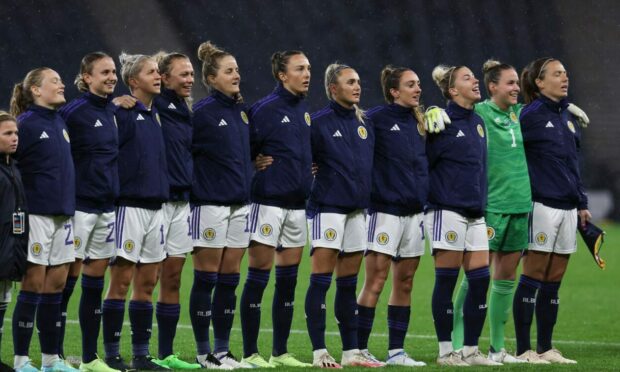


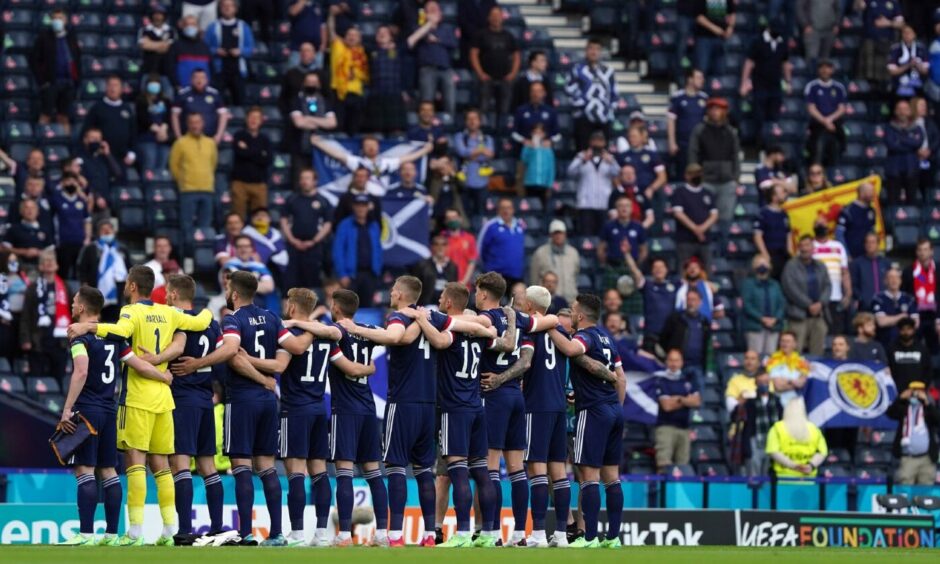
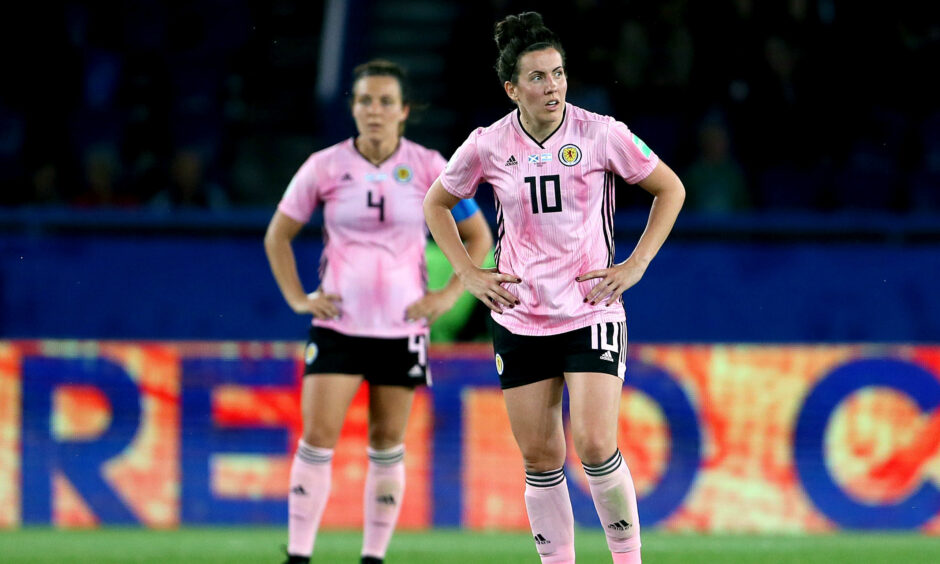


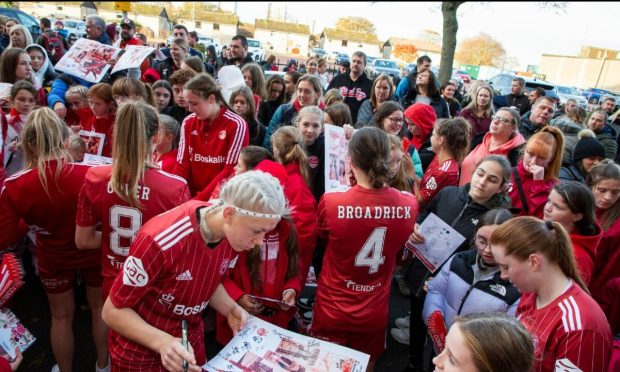
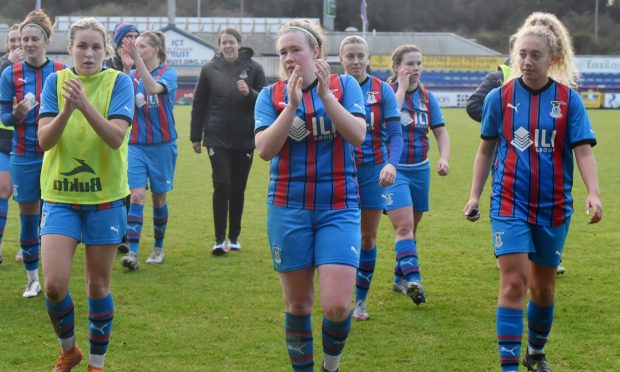
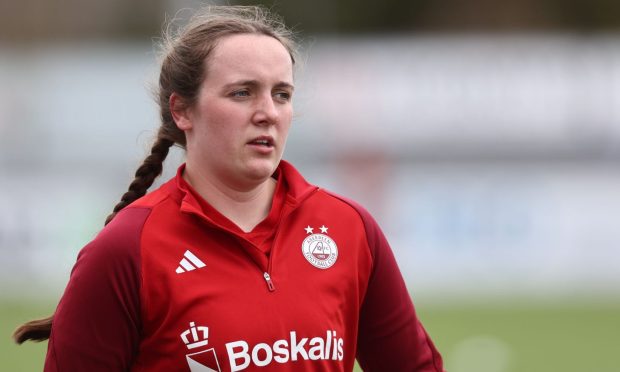
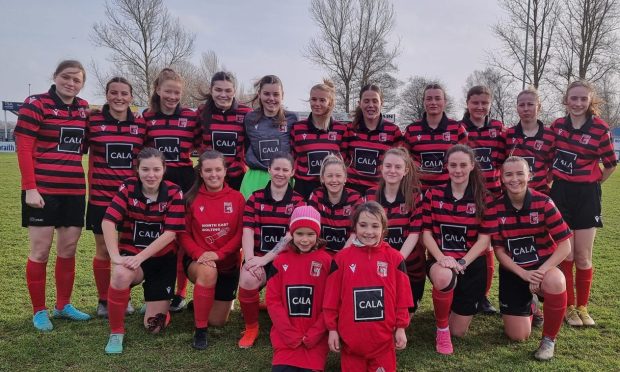
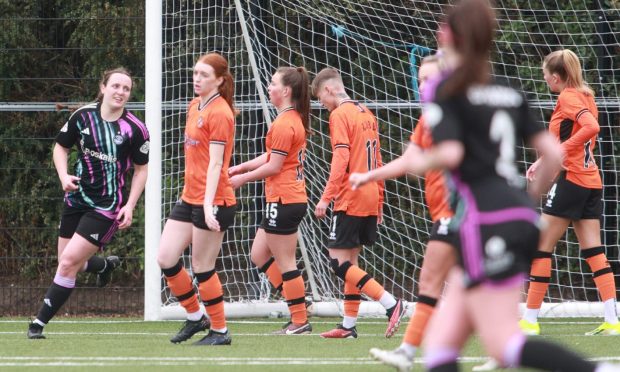
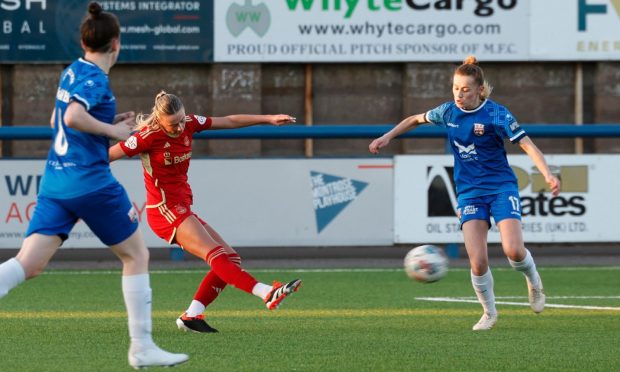


Conversation